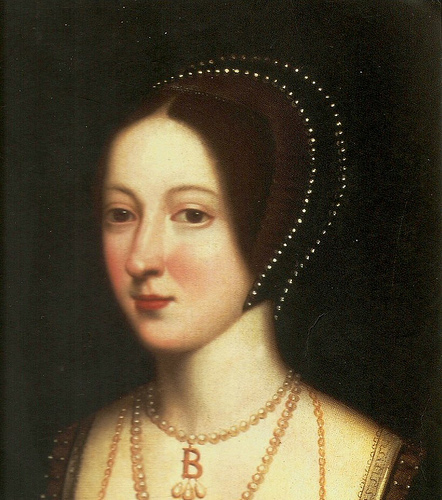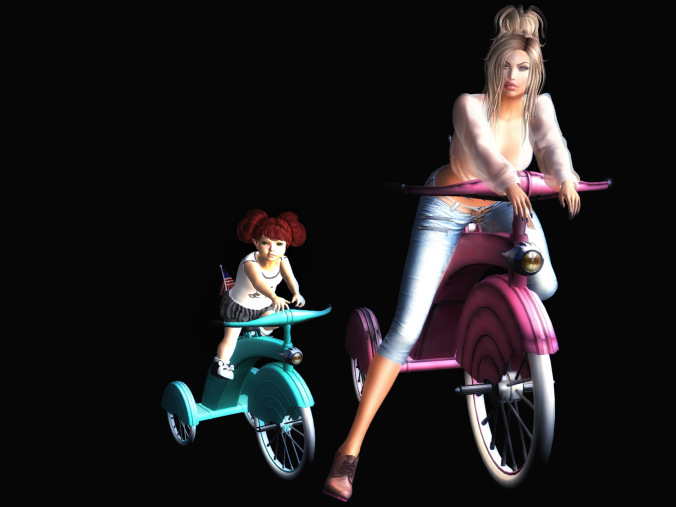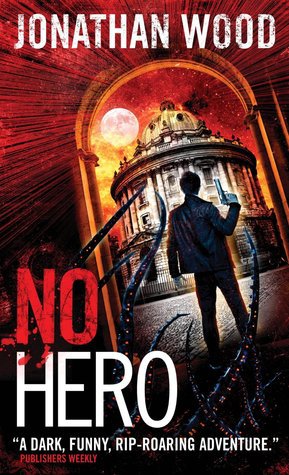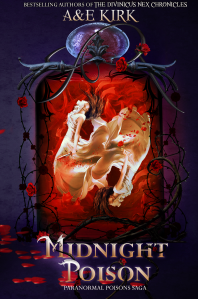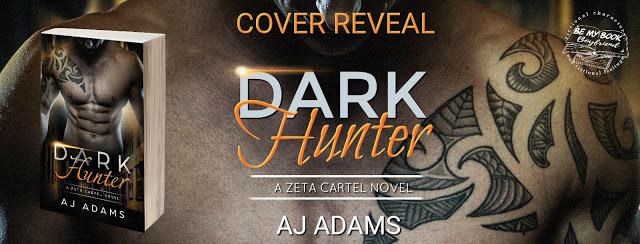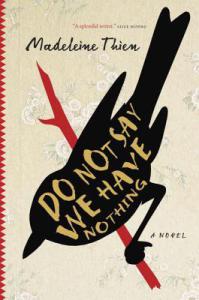“Truth be told I never really fitted anywhere in the whole goddamn world.”
Dir. Danny Strong
Genre: Biography/Drama
Starring: Nicholas Hoult, Kevin Spacey, Sarah Paulson, Zooey Deutch
My rating: 3 out of 5 stars
Summary: Author J.D. Salinger (Nicholas Hoult) leads a reclusive life after the unprecedented success of his controversial novel the Catcher in the Rye, a novel that defined the 20th century.
Rebel in the Rye isn’t quite as bad as it’s unimaginative, awkward title implies. It’s at fault for being a bit too simple-minded and taking everything too literally in regards to Salinger and the Catcher in the Rye. The film is less preoccupied with Salinger’s actual thought process and his consciousness than it with his aura of mystery and his reputation as tortured artistic genius.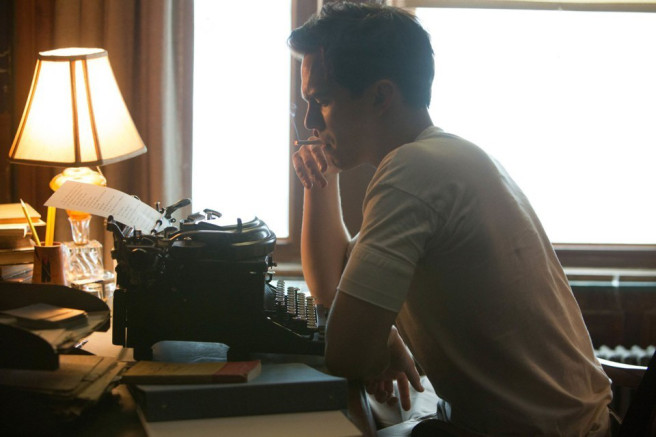
Salinger had quite a battle to face- literal and figurative- on his journey to completing the Catcher in the Rye. Before he made it big, he had to learn how to hone his craft from Whit Burnett (Kevin Spacey), his friend and mentor. Whit teaches the most pure form of writing, one Jerry adopts, which is writing borne from a desire to just write, not to be a published writer.
(Kevin Spacey adds some delicateness to the film’s over-dramaticized scene and adds his own unique flair to the film.)
According to the biopic, Burnett was a major influential figure in Jerry’s life. The poignant scene at the end of the film where Hoult’s gaze lingers on Burnett’s retreating form confirms that this is as close as father figure Salinger ever met in his life, especially much more fatherly than Salinger’s annoyingly withdrawn father.
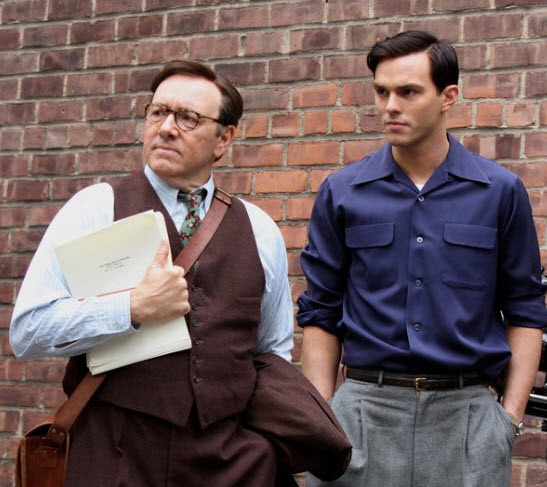
Soldiering on through his postwar depression, self-sabotage, writer’s block and deep soul-searching, all his anguish eventually gave way to “Catcher” finally being completed and published in 1951 to unprecedented accolades and, much to Salinger’s displeasure, serious influence and unceasing attention.
Strong’s notion is that Salinger’s rebelliousness in his youth reflected the shocking facetiousness of his most famous troubled character, Holden Caulfield. There are a number parallels in with Salinger in the film and Caulfield in the novel particularly when after an upsetting meeting with his therapist, Salinger wanders New York City completely hammered. Sound familiar?
He directly quotes himself when he asks a stranger in central park where he supposes all the ducks go when the pond freezes over in the winter.
I don’t completely reject the concept that Salinger sees Holden as an alter ego but I don’t completely buy into it either.
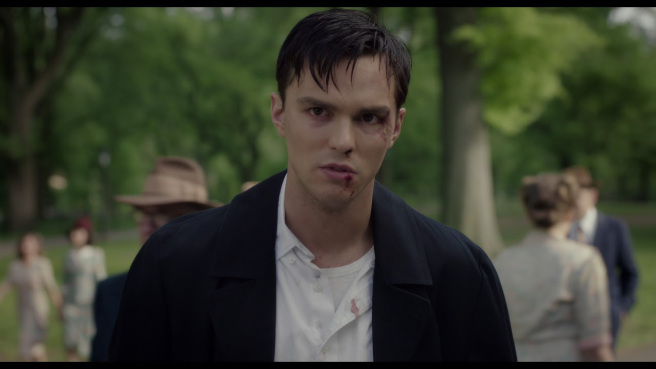
If we are to believe that Salinger created Holden as a complete mirror of himself than where did he draw his inspiration for Holden’s relationship with Allie and Phoebe?
Holden wanted to be “a catcher in the rye” because he was disgusted with the corruption of the adult world and he wanted to protect the innocence of youth. The only thing he loved in this world is his deceased brother Allie and his little sister Phoebe. Salinger had never suffered the loss of a sibling and his relationship with his sister seems to be somewhat superficial.
This doesn’t disprove the Salinger is Caulfield theory but I think it’s odd that in the entire film Allie and Phoebe, Holden’s main motivation for becoming ‘the Catcher in the Rye’ wasn’t mentioned at all.
This was by no means a bad movie but I couldn’t help but feel disappointed by it in the end. If any of it is accurate, it seems to me that Salinger had a pretty bleak existence after his success. After the movie was over I just felt empty inside. I think I much rather preferred the mystery of the man.
However, I can’t fault a decent movie for a having a melancholy ending so I award this movie 3 out of 5 stars.
Advertisements Share this: